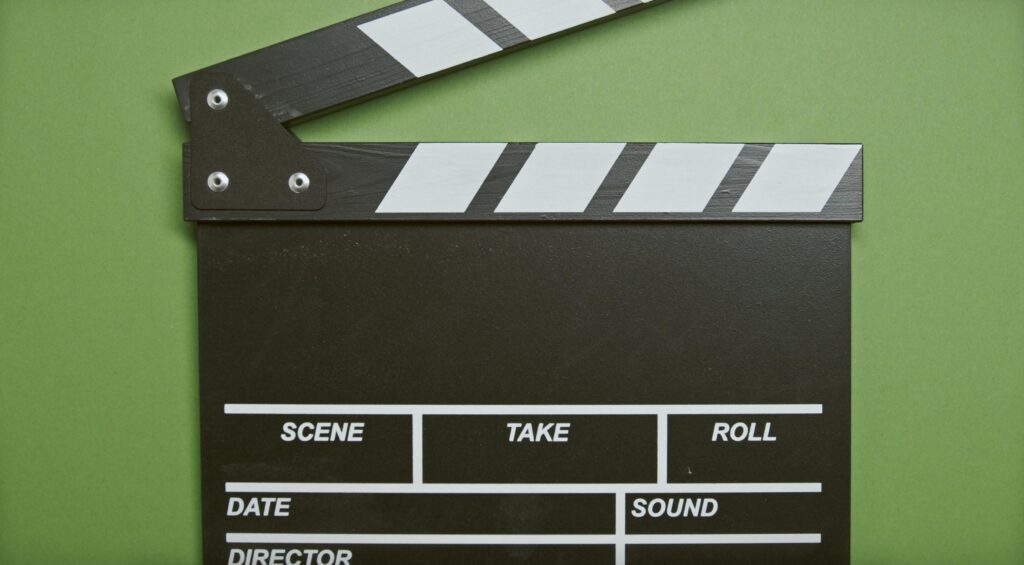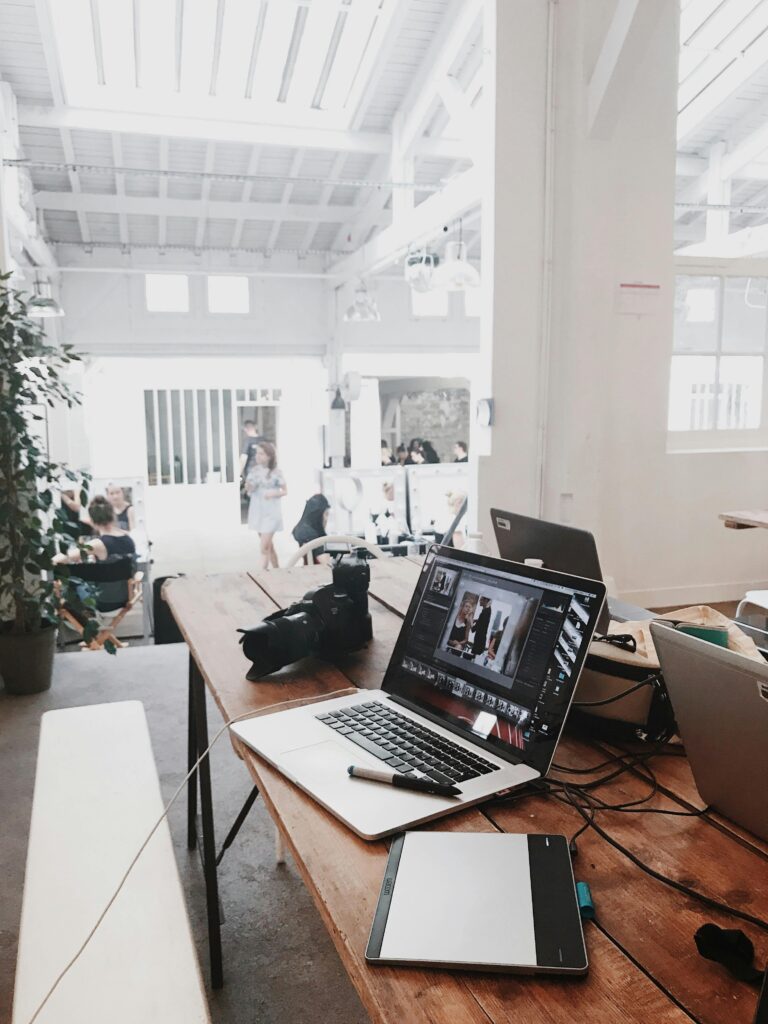Page Contents
Will AI Affect Filmmaking?

AI is getting better day by day and is doing things we couldn’t even imagine a few years ago. From writing stories to creating realistic images, it’s rapidly expanding into areas that were once purely human-driven. Now, AI has started entering the world of filmmaking — and the real question is: Will AI affect filmmaking?
Let’s be honest. Even people who say “no” know deep down that AI can impact it. In fact, it already has. Today, you can see short films and videos created entirely by AI that look so real, it’s hard to tell if a human made them or not.
The Current State of AI in Filmmaking
AI is no longer just a concept — it’s here and working. There are already advanced tools like Sora and many others that allow creators to type a prompt and generate full video sequences. These tools are making it easier than ever to bring ideas to life without expensive cameras, actors, or editing software.
We now have short videos, trailers, even mini-documentaries that are completely AI-generated, and they look shockingly realistic. In fact, unless you’re told, you might not even realize you’re watching something made by an AI.
So, it’s clear: AI is already changing filmmaking. But is it replacing it?

AI’s Role in the Future of Filmmaking
The short answer is: AI won’t replace filmmaking 100%, but it will definitely transform it.
Think of it this way — AI is a tool. And like any tool, it depends on how you use it. In the future, certain parts of the filmmaking process may be handled almost entirely by AI: scriptwriting, scene generation, background design, visual effects, or even voiceovers.
This means lower production costs, faster turnarounds, and new opportunities for independent creators or people who couldn’t afford filmmaking before. AI can help bring more stories to life — but not all of them will be great. That’s where humans still matter.
The Human Element: Creativity

Here’s what AI can’t fully do yet — and maybe never will: true creativity.
AI works based on data, patterns, and existing information. It can remix, regenerate, and reimagine — but it doesn’t “feel,” it doesn’t dream, and it doesn’t create something entirely new from thin air the way a human mind can.
Filmmaking is more than just visuals. It’s about emotion, intuition, storytelling, risk-taking, and breaking the rules — things that come from human experiences and imagination. That’s why creative people will survive, and even thrive, in this AI-dominated space.
In the end, AI might help make films, but it’s the creative minds behind those films that will continue to stand out.
Conclusion
Yes, AI will affect filmmaking — it already is. It’s opening doors and making the impossible possible. But it’s not here to erase filmmakers. Instead, it’s changing the game and setting a new stage for storytelling.
The future of filmmaking belongs to those who can blend creativity with technology. If you’re someone with a strong imagination, unique voice, and a passion for stories, AI is not your competition — it’s your co-pilot.
So will AI affect filmmaking? Absolutely.
Will it replace it? Not entirely.
But the filmmakers who adapt, learn, and stay creative? They’ll be the ones writing the next chapter.
